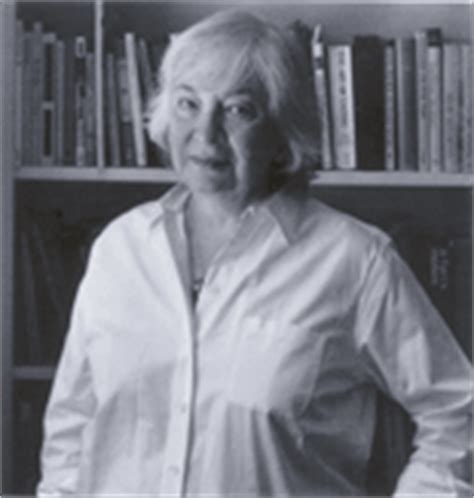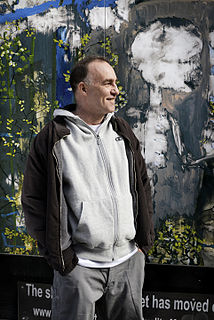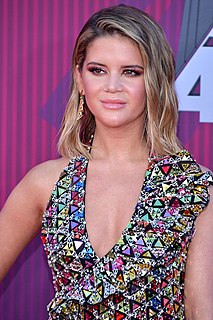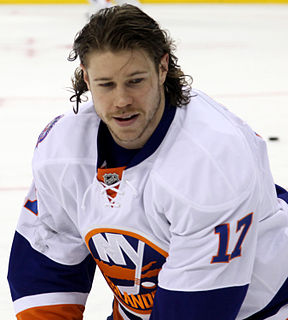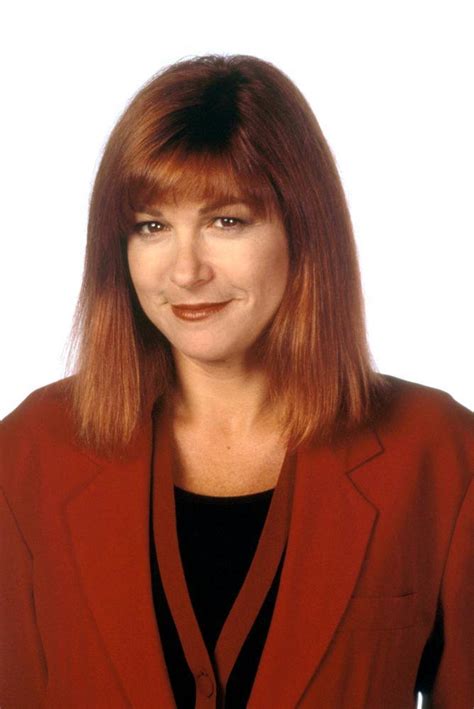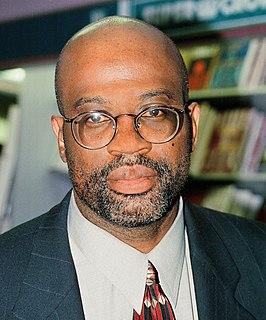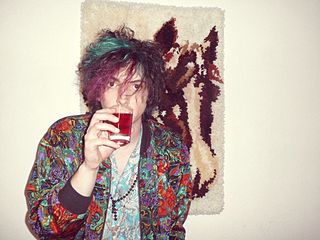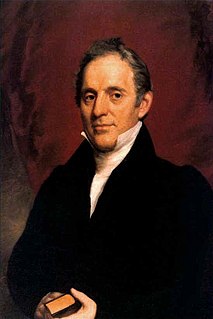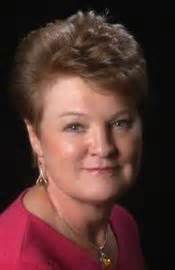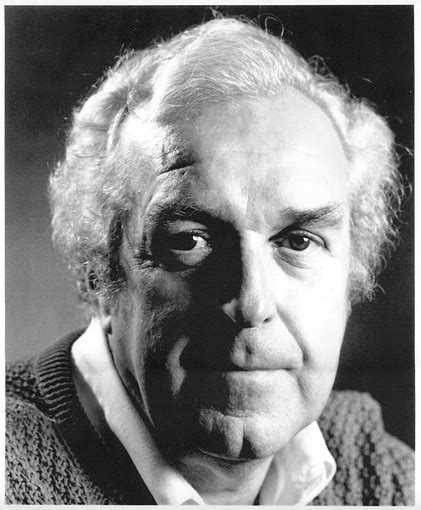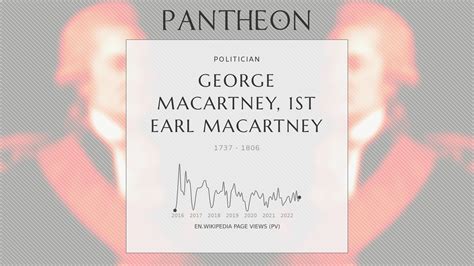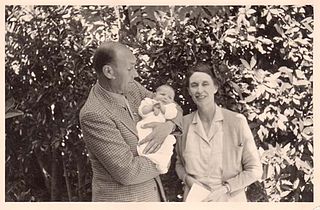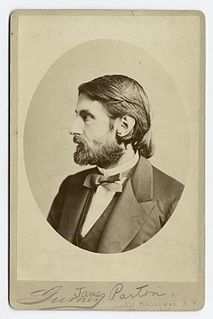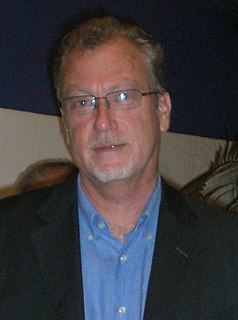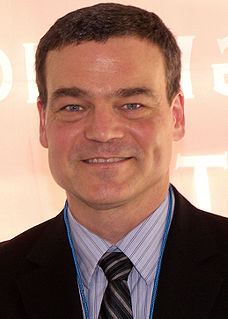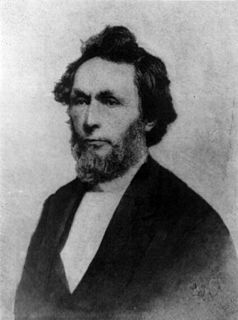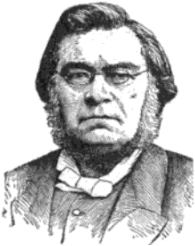A Quote by Nancy Milford
I had never understood quite so clearly the effective power of Jane Jacob's writing - no, her clear-headed observation - as I did reading “What We See”. Maybe that's really the point of writing. That if you take the time to look, to really observe, then you see what is happening, and, with the clarity of that vision, you can act to save neighborhoods.
Related Quotes
Plate glass... has no beauty of its own. Ideally, you ought not to be able to see it at all, but through it you can see all that is happening outside. That is the equivalent of writing that is plain and unadorned. Ideally, in reading such writing, you are not even aware that you are reading. Ideas and events seem merely to flow from the mind of the writer into that of the reader without any barrier between. I hope that is what is happening when you read this book
Writing for adults and writing for young people is really not that different. As a reporter, I have always tried to write as clearly and simply as possible. I like clean, unadorned writing. So writing for a younger audience was largely an exercise in making my prose even more clear and direct, and in avoiding complicated digressions.
There is no ideal in observation. When you have an ideal, you cease to observe, you are then merely approximating the present to the idea, and therefore there is duality, conflict, and all the rest of it. The mind has to be in the state when it can see, observe. The experience of the observation is really an astonishing state. In that there is no duality. The mind is simply - aware.
When I like myself, which is not too often, but when I do like myself on film, it's when I point, and I go, 'Look what she did! She did the funniest thing - look at her!' Where I can really separate back from it and I don't see me anymore, then I'm really excited. That's, like, really fun for me. That jazzes me.
There are petty-minded people who cannot endure to be reminded of their ignorance because, since they are usually quite blind to all things, quite foolish, and quite ignorant, they never question anything, and are persuaded that they see clearly what in fact they never see at all, save through the darkness of their own dispositions.
When Robert Bly visited Interlochen Center for the Arts so many years ago, he spoke to the creative writing majors and said, "The eye reports to the brain, but the ear reports to the heart." Perhaps this is the thing that musicians can do that writers can't ever, quite, but it is what I aspire to, that sense/power of the auditory, and the belief that to hear more clearly is to see more clearly, and that to see more clearly is to feel more deeply.
I've been writing for a long time, since the late '60s. But it hasn't been in the same form. I used to write scripts for television. I wrote for my comedy act. Then I wrote screenplays, and then I started writing New Yorker essays, and then I started writing plays. I didn't start writing prose, really, until the New Yorker essays, but they were comic. I didn't start writing prose, really, until the '90s. In my head, there was a link between everything. One thing led to another.
I've never had a mentor personally of any kind. It feels like, generally, in the writing world or the art world, it's more of a thing in America, because you have writing programs, which we don't have. You have these amazing writers who are teachers. I never did a writing program so I never met a writer until I was published. I guess I can't really explain my compulsion for writing these kind of mentor characters.
I wish I had time to do more reading, but I just haven't had much time. But I still find time for writing. I've always preferred writing over reading, even though those things do go hand in hand. But when I do have time, even if it's not writing music, just writing in general - ideas and stories and things like that.
